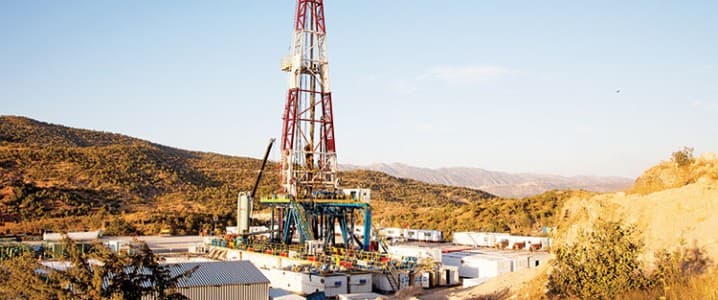The long-running oil export dispute between Baghdad and the Kurdistan Regional Government (KRG) in Erbil over oil exports and public-sector salaries has now deepened, as Iraq’s Cabinet failed to address the issue in its latest session, just a day after media outlets reported that a resolution was near.
According to Rudaw, the Council of Ministers on July 8 did not place the oil and salary file on its agenda, dealing a blow to expectations of imminent agreement. This comes despite reports on July 7 that negotiations had reached the “final stages,” with Baghdad poised to authorize Kurdish oil exports via the Turkey-based Ceyhan terminal.
A KRG technical delegation has been in Baghdad since last weekend to hash out the terms of a federal budget release in exchange for Erbil’s compliance on oil handovers. The central government demands full control of Kurdish oil revenues, while Erbil insists on retaining a portion of crude for domestic use. More than 1.2 million KRG employees remain unpaid since May, with Kurdish officials blaming Baghdad’s withholding of funds following the March 2023 pipeline shutdown.
Sources inside Iraq’s Parliament told The New Region that the talks have made “substantive progress,” but mistrust and last-minute political resistance continue to derail formal approval.
The White House is closely monitoring developments. Washington has urged both sides to restart oil flows immediately, warning that the continued freeze is harming foreign investment and regional economic stability.
The stakes remain high: prior to the March 2023 halt, the Kurdistan Region was exporting approximately 400,000 barrels per day (bpd) of crude through the Iraq-Turkey pipeline to Ceyhan. These volumes accounted for over 10 percent of Iraq’s total oil exports and were a critical revenue stream for the KRG. The long-running disruption has deprived Erbil of an estimated $8-9 billion in lost oil income, while also straining Turkey’s role as a regional transit hub. Baghdad’s own federal exports have not fully absorbed the gap, making the restart of northern flows a key priority for budgetary and geopolitical stability.
By Charles Kennedy for Oilprice.com
More Top Reads From Oilprice.com:

